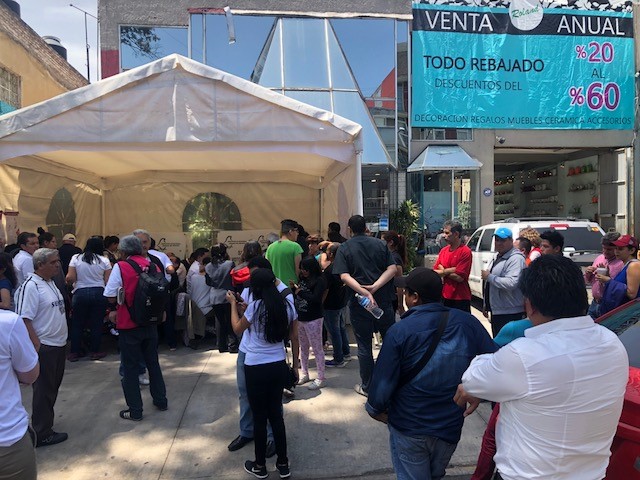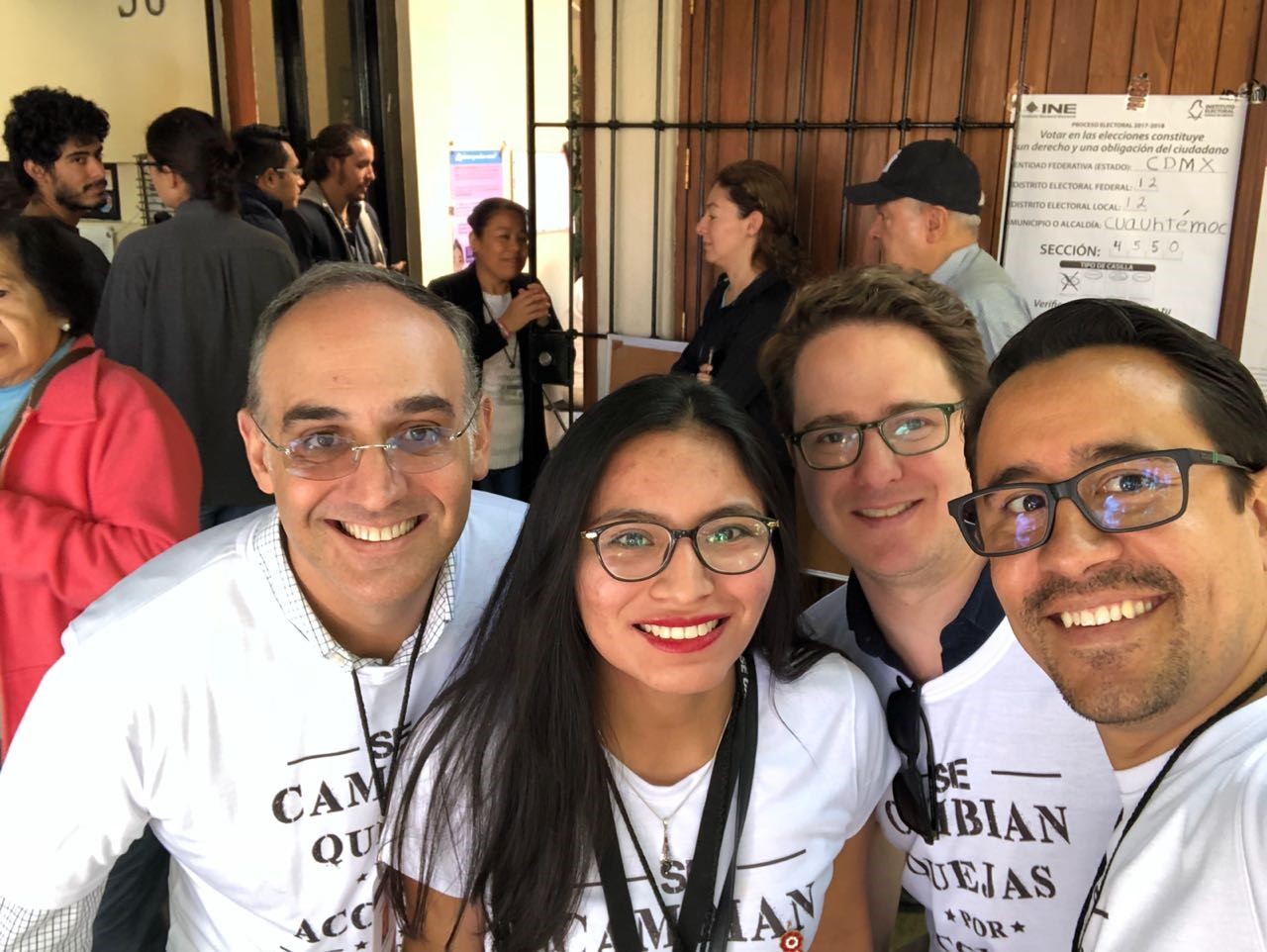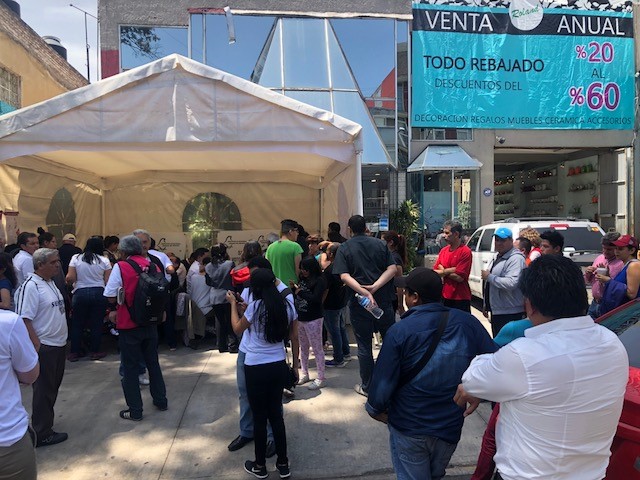
Yesterday Mexico embarked on the largest elections the country has seen in its democratic history, electing over 3,400 seats from local to national government. Turnout was at a historic 63 percent despite the World Cup taking place simultaneously.
As part of our commitment to building civil society capacity in preparation for Mexico’s historic 2018 General Elections, the Institute provided civic education training to young leaders and journalists from Mexico City, Puebla, Oaxaca and Chiapas. Our partners—Ollin, Youth in Movement, the Civic Alliance of Nuevo Leon and the Latin American Youth Network—led election day observation efforts to strengthen Mexico’s nascent democracy. IRI’s Mexico team accompanied these partners during the election. This is what we observed.

Voting was a Family Affair
In these complex and historic elections, Mexico’s 89 million plus electorate represented a diverse subset of the country with 51 percent women and 30 percent youth represented. Of the 156,807 voting centers across Mexico, IRI partners visited more than 80. Voting seemed a family affair with parents, grandparents and children participating together, but there was also substantial challenges, including violence, corruption, and the late opening of many voting centers, some surpassing the one hour mark.
Long Lines and Lack of Ballots
At times, election day volunteers seemed inexperienced, with minimal training as long lines and uncertainty plagued polling stations— some citizens waited as long as two hours to vote at cramped voting sites. In an election with 3,400 positions for federal, state and local offices being contested, this presented a logistical and administrative challenge for the National Electoral Institute (Instituto Nacional Electoral —INE). Special voting sites designated for non-Mexico City residents were hampered with citizens complaining of a lack of available ballots. Additionally, 15 of the 156,807 voting centers never opened due to election-related violence. This occurred in the states of Oaxaca and Michoacán where citizens burned and stole ballots in repudiation of politics as usual.

Mostly Peaceful and Inclusive
Despite these occurrences, voting was mostly peaceful throughout and most voting centers were inclusive of people with disabilities and the LGBTI community. Special designations, such as wheelchair accessibility and protocols to protect LGBTI persons from violence, were adopted based on the Inter-American Human Rights Commission recommendations, including non-discrimination based on gender presentation and sexual orientation.
What Now?
Andrés Manuel Lopez Obrador of the National Regeneration Movement (MORENA) is set to take the reins of power on December 1, 2018. With such a divisive campaign among all parties, unity must be front and center. With a lack of solid proposals and disdain for institutions and civil society space, the next president must deal with increasing levels of violence, widespread corruption and an urgent need to strengthen institutions and restore citizen faith in their government. Equally important is the new Adminsitration’s relationship with its northern neighbor. The aforementioned issues greatly impact the security of both nations, including the ability to control borders and stem immigration. If MORENA is to make history, working across party lines must be a priority.
Preliminary results show that MORENA’s coalition is set to become the strongest force within Congress, followed by National Action Party (PAN), Revolutionary Democratic Party (PRD) and Citizen Movement with the Revolutionary Institutional Party (PRI) alliance a distant third. As such, the governing coalition will need to negotiate with other political forces. This is no easy feat but one the next administration will need to prioritize in order to move Mexico forward.
Top